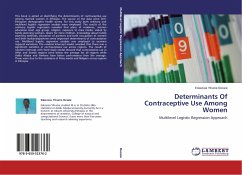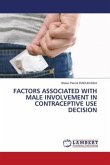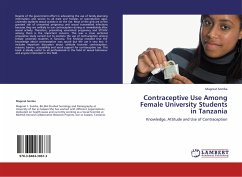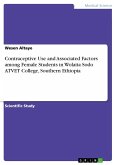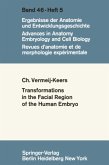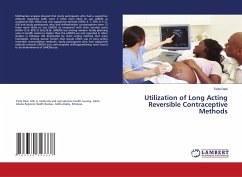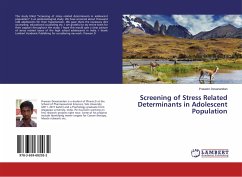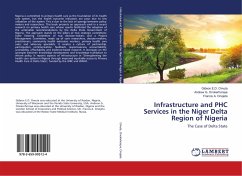This book is aimed at identifying the determinants of contraceptive use among married women in Ethiopia. The source of the data were 2011 Ethiopian demographic health survey. For this study both ordinary and multilevel logistic regression analysis were employed. The results of the ordinary logistic regression revealed that place of residence, woman education level, age group, religion, exposure to mass media, visited by family planning workers, desire for more children, knowledge about family planning methods, education of partners and both occupation of women and their husbands/partners were important determinants of contraceptive use. Multilevel logistic regression analysis was employed to examine regional variations. The random intercept model revealed that there was a significant variation in contraceptives use across regions. The results of random intercept with fixed slope model showed that contraceptive use in Affar and Somali regions were below the average for all regionswhile Addis Ababa and Amhara have better performance than the average. These were due to the variations of Mass media and Religion across regions in Ethiopia.
Bitte wählen Sie Ihr Anliegen aus.
Rechnungen
Retourenschein anfordern
Bestellstatus
Storno

